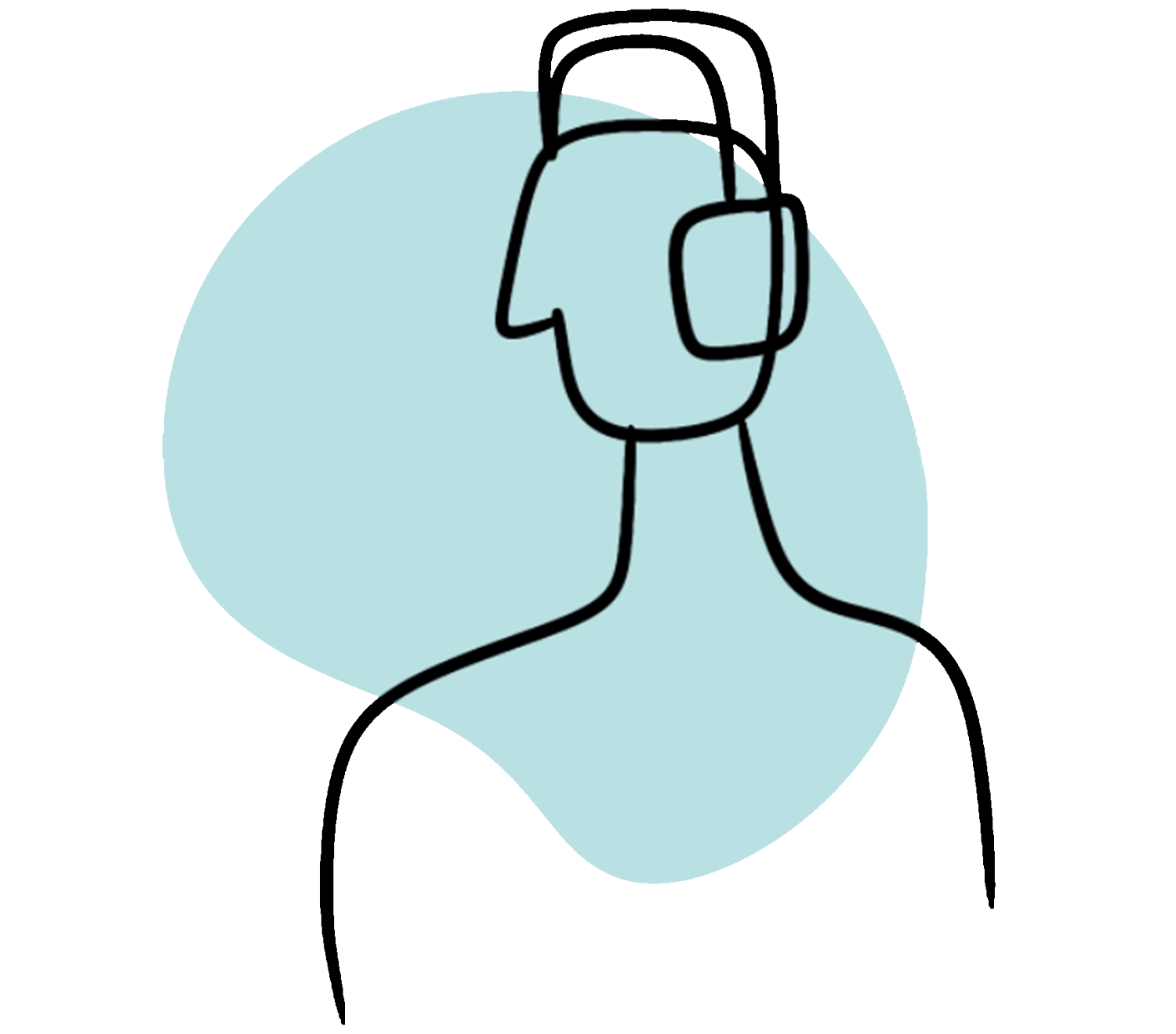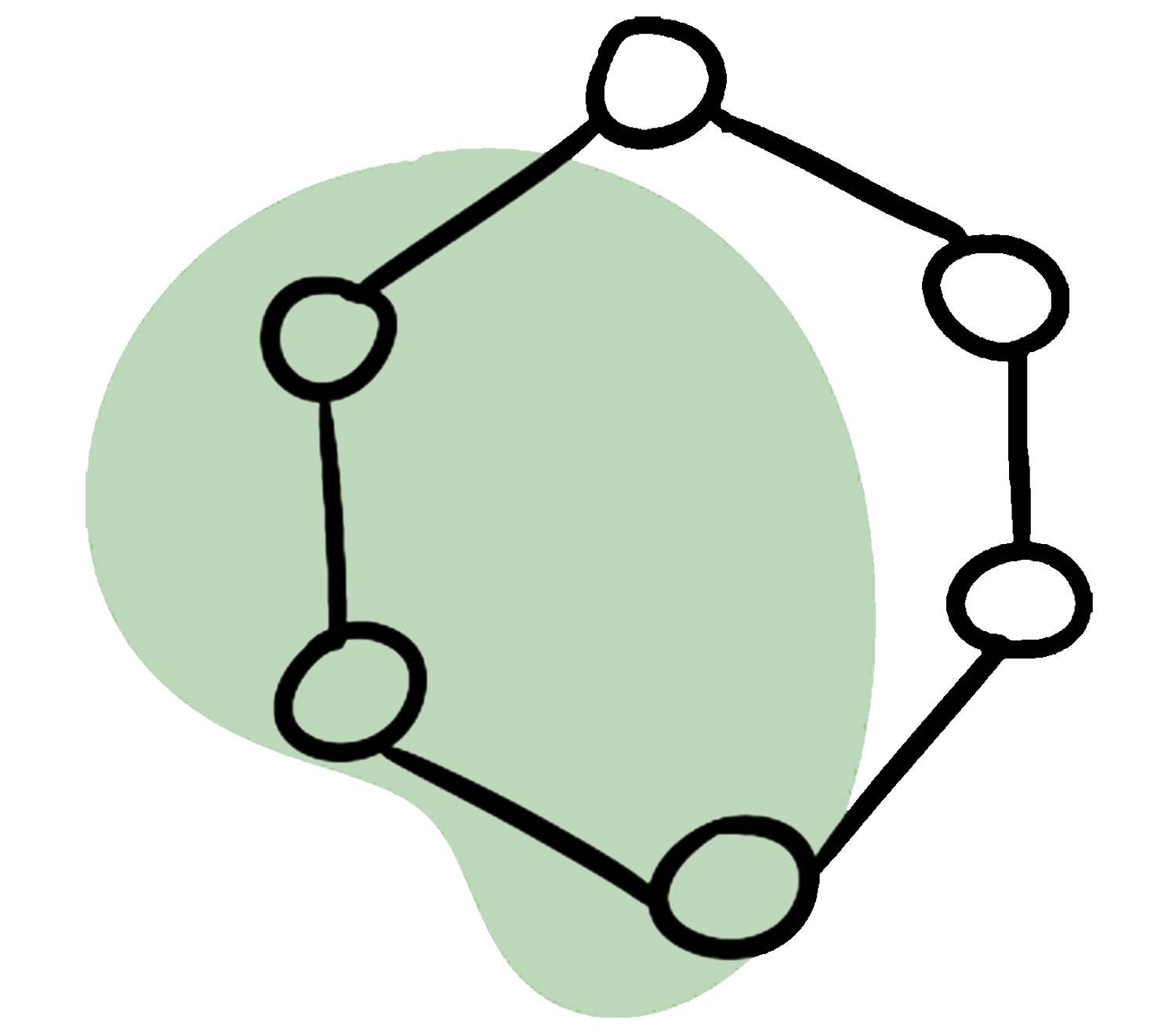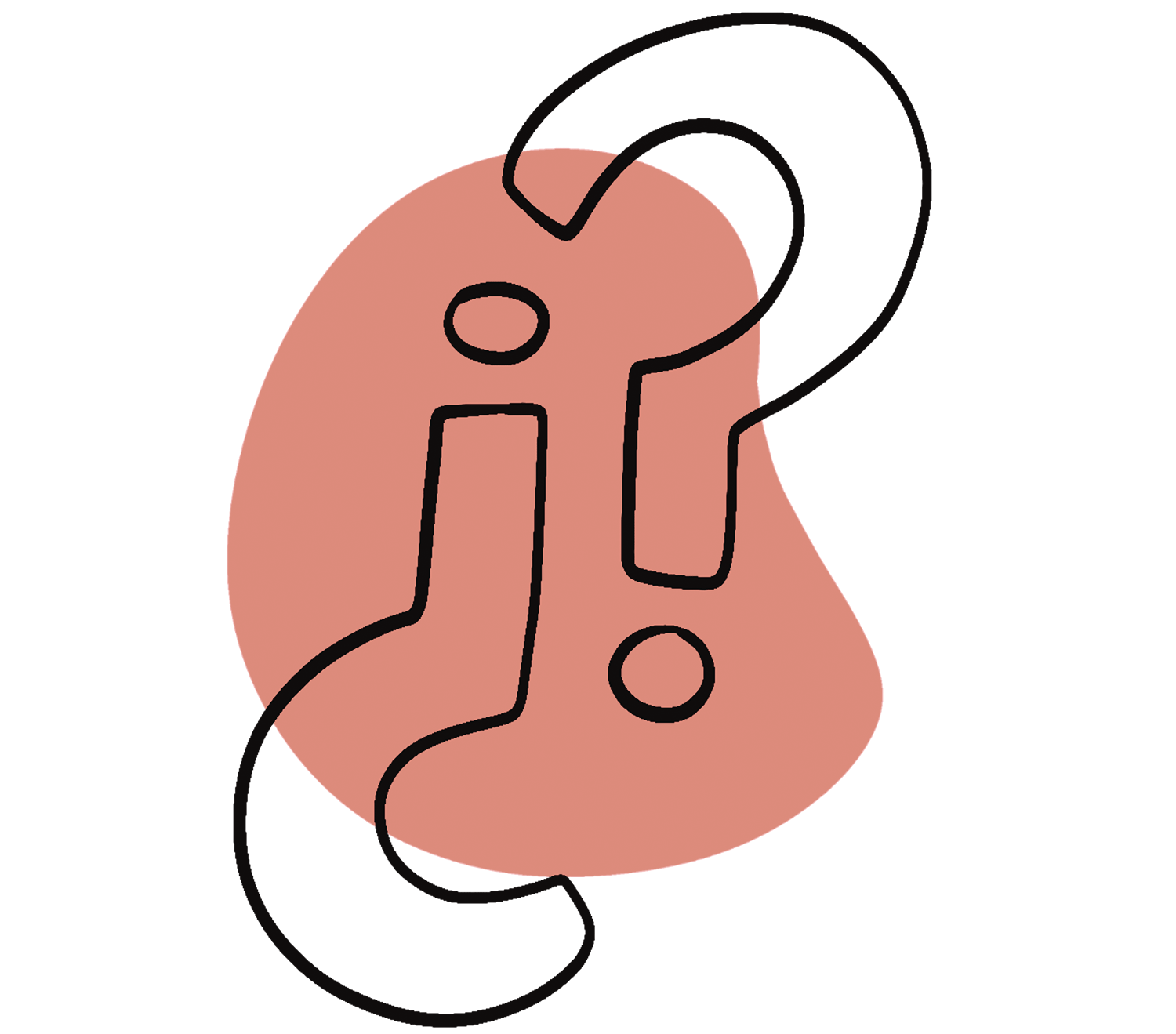Some Social Sciences researchers use the first-person singular, the “I”, as a matter of course. Others tend to prefer impersonal sentence constructions, such as e.g.: “This paper examines the question of whether …”. Some refer to themselves in the third person as “the author” or “the writer.”
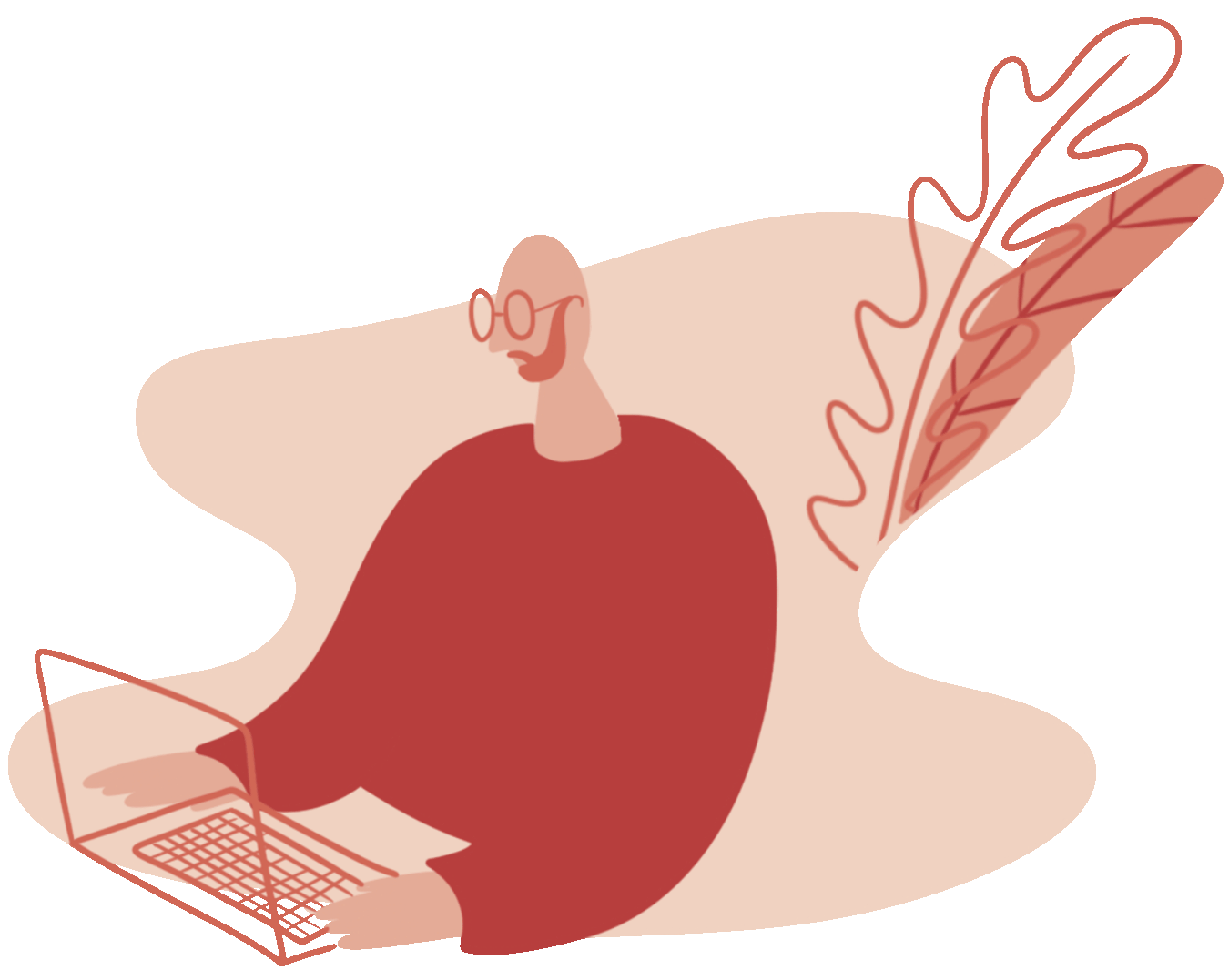
What counts as “academic writing” cannot be decreed – by anyone – but is constantly “in flux” and depends on the reference group of colleagues who either accept “such things” or frown upon them.
– Gerhard Riemann
Very personal texts, e.g. in the style of autoethnography, which offer deep insights into one’s own experiences and feelings and may partly confuse or even unsettle readers, would not have been imaginable some time ago in the context of Social Sciences journals.
It is not only about whether authors use or avoid the word “I”, but also about what and how much they reveal about themselves.
When reconstructing and discussing one’s own field research experiences, it can be particularly important and lead to new insights to describe in personal words what was difficult, required effort, or was experienced as chaotic. And in such cases, it makes more sense to write: “I became nervous and started stuttering when the client pressed further”, instead of “The author of this report showed signs of nervousness and experienced word-finding difficulties when the client asked additional questions.”
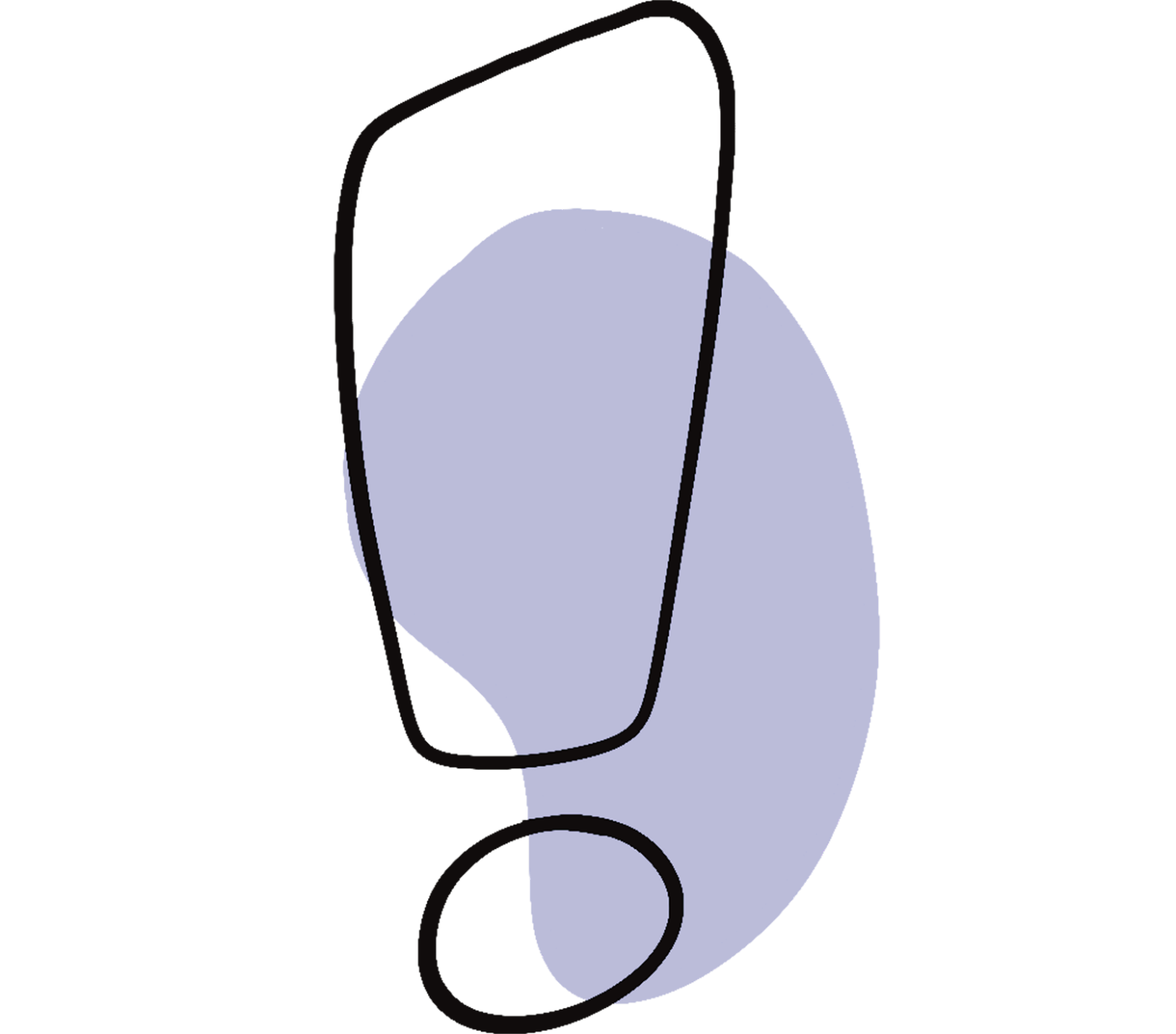
It is important, on the one hand, that students do not freeze in awe before the supposed academic language but form their own impression of the range of Social Sciences texts and the respective linguistic and stylistic means.
There is no single rule for academic language. To avoid being intimidated and disempowered, it helps to read Social Sciences literature yourself rather than relying only on “exam-relevant PowerPoint slides”.
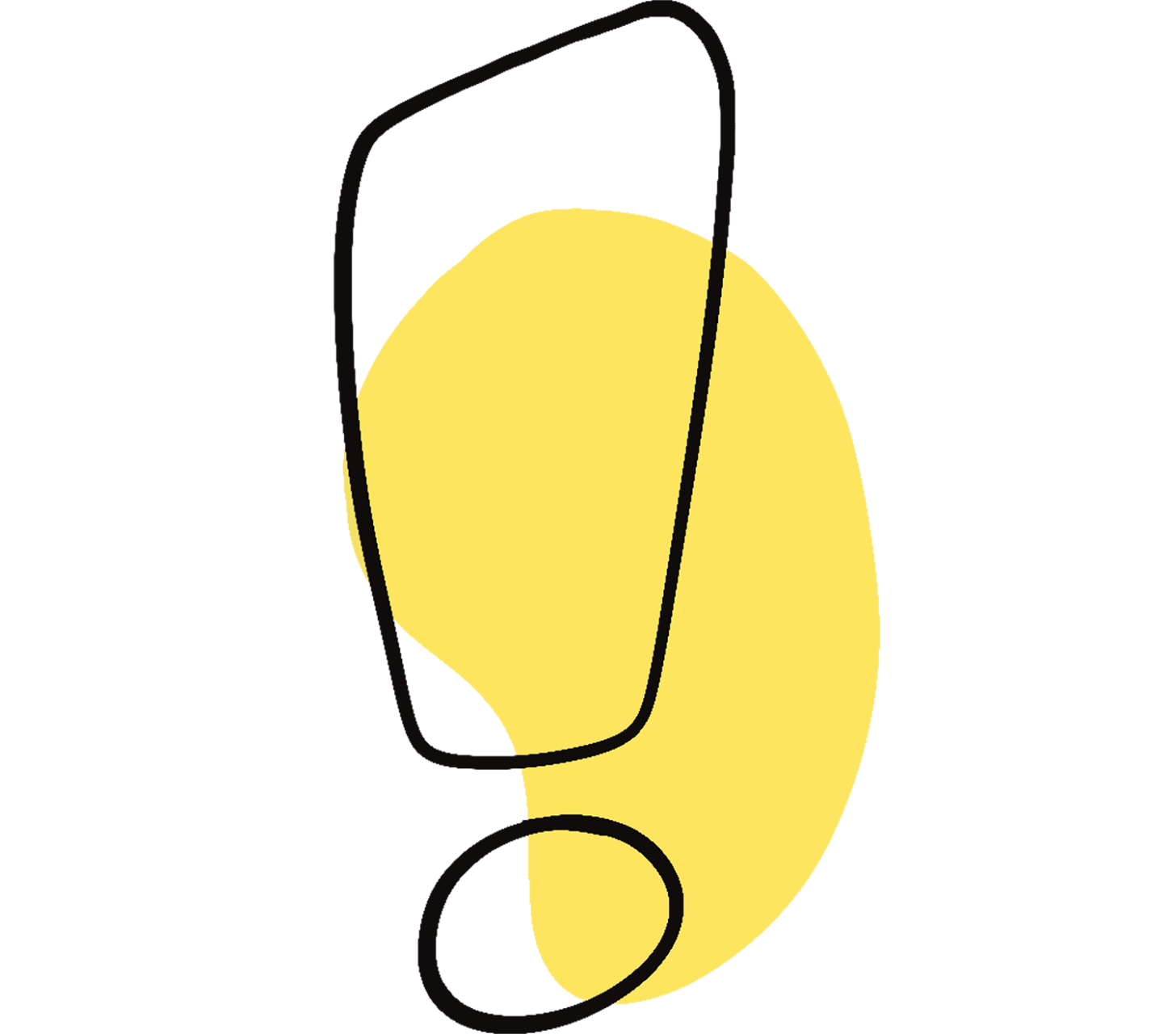
The lecturers at the Faculty of SW have very different academic socializations, and that is a good thing.

Students should never cultivate the false belief that a certain way of writing is not available to them just because they are still students or only aspiring social educators. They can use their minds just as much as lecturers.
– Gerhard Riemann
Does the word “I” make my academic work look unprofessional?
Context and purpose are decisive: A self-reflective ethnographic report, in which one engages with one’s own practice or field research experiences and aims to make them transparent, is different from a literature discussion or a research proposal.
How do I find the right academic language for my paper?
There is no single correct academic language, but a dynamic range of possibilities within the field. It is best to consult your lecturers and supervisors to discuss different styles.
This article was published in August 2025 and last updated in October 2024.

